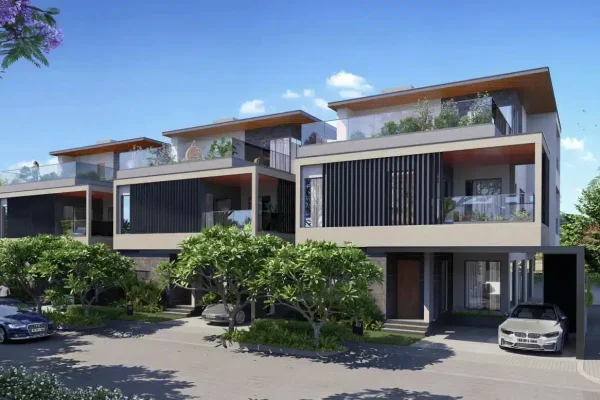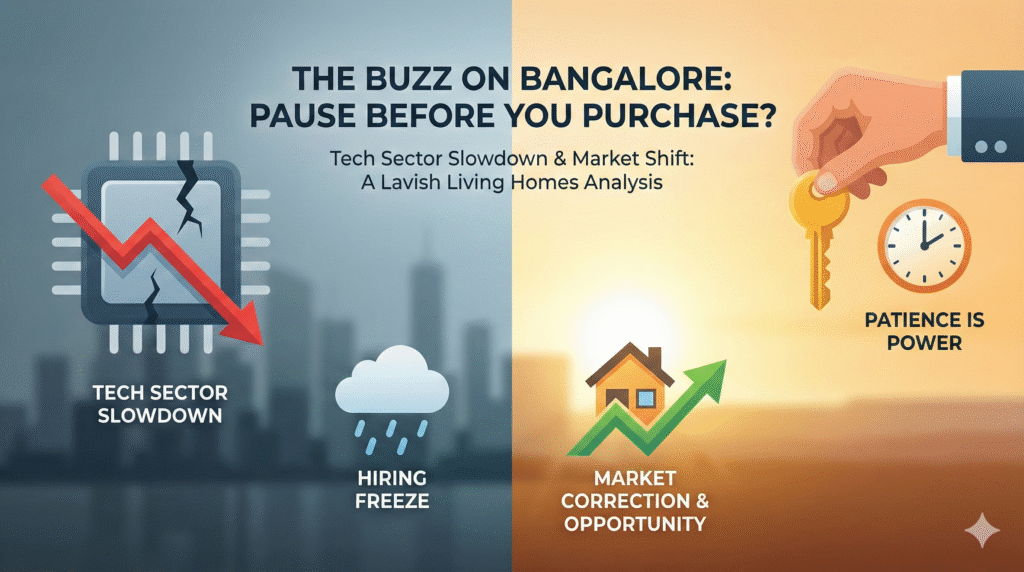In a move that has sent ripples through the real estate market, the Karnataka state government has doubled the property registration fee from 1% to 2%, effective August 31, 2025. While the government defends the decision as necessary to bolster state revenue and fund development projects, homebuyers, realtors, and political opponents have raised serious concerns. The decision, implemented to offset a significant revenue shortfall, has reignited the debate over affordability and market stability in one of India’s most dynamic real estate landscapes.
The Numbers: How the Hike Impacts Your Budget
The immediate effect of this fee increase is a higher upfront cost for property buyers. Here’s a breakdown of the revised financial burden:
- Total Transaction Cost: The overall cost of a property transaction, which includes stamp duty and other cesses, has risen from approximately 6.6% to 7.6%.
- Real-world Impact: For a property valued at ₹1 crore, the registration cost has increased by ₹1 lakh. Previously, the total fees were around ₹6.6 lakh; now, the total is ₹7.6 lakh.
- Retroactive Payment: The hike also impacts those with pending registrations. Even buyers who had already scheduled their appointments must now pay the difference at the new 2% rate, adding an unexpected cost to their purchase.
A Look at the Arguments: Karnataka Government vs. Industry
The Karnataka government and the real estate industry offer contrasting views on the justification and impact of this decision.
The Karnataka Government’s Position:
- Revenue Generation: The Department of Stamps and Registrations faced a significant revenue deficit in the 2024–25 fiscal year, and the fee hike is intended to correct this shortfall.
- Public Welfare: Revenue officials stated that the additional funds would be used for infrastructure development and other state welfare projects.
- Competitive Rates: Officials argue that even with the increase, Karnataka’s property transaction costs are comparable to or lower than those in neighboring states like Tamil Nadu and Kerala, where rates are higher.
The Real Estate Industry’s Criticism:
- Increased Burden: Industry leaders and homebuyers argue that the hike places an unfair financial burden on citizens, particularly those in the middle and affordable housing segments who are most sensitive to upfront cost increases.
What This Means for the Market and Homebuyers
The new registration fee poses several challenges and considerations for both the market and individual buyers:
- Affordability Crunch: For first-time homebuyers and those in the affordable housing segment, the increased costs could push homeownership further out of reach.
- Short-Term Slowdown: Market analysts expect a potential slowdown in registrations in the short term as buyers re-evaluate their budgets and financial plans.
- Potential for Resilient Demand: Despite the headwinds, some experts remain optimistic about Bengaluru’s long-term market fundamentals, citing strong economic growth and continued job creation, particularly in the tech sector.
- Focus on Premium Segments: The impact is expected to be less severe on the premium and luxury housing segments, as those buyers are typically less affected by incremental cost increases.
Awaiting Future Developments
As the market adjusts to this new reality, all eyes will be on its long-term effects. The real estate industry is lobbying for relief, with some appealing for the reinstatement of GST input tax credit. For prospective homebuyers, careful financial planning and a thorough understanding of the revised costs are more critical than ever. The coming months will determine whether this policy will achieve its revenue goals or if it will ultimately slow the momentum of Karnataka’s thriving real estate sector.













